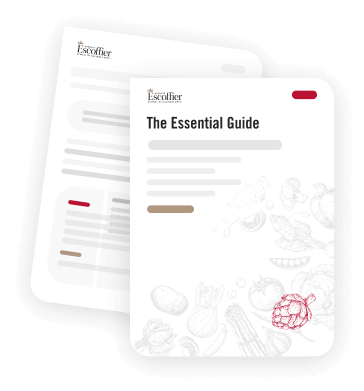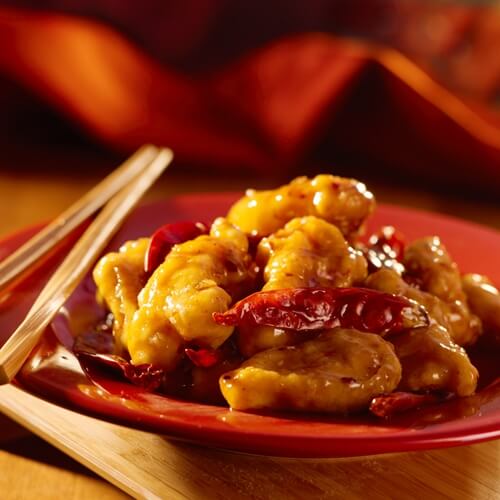Western-style Chinese restaurant opens in Shanghai

Many Americans are familiar with dishes like General Tso’s or sweet and sour chicken, and now a two-man team has brought those items to China. Restaurateurs Fung Lam and David Rossi have opened Fortune Cookie, a Western-style Chinese restaurant, in Shanghai. So far, business is going well. As a student of an online culinary arts program, you may wonder how this pair pulled it off.
How Chinese food was Americanized
Traditional Chinese food differs greatly from the dishes popular in the American takeout scene. According to the Smithsonian, restaurants in the U.S. began catering to Chinese laborers in the mid 1800s. However, cooks didn’t have access to the same ingredients available in China, so they had to improvise. These recipe changes evolved to create a whole new branch of Chinese food not seen in China. The dishes were meant to appeal to American palettes.
According to National Public Radio, Fortune Cookie relies on ingredients like Mott’s applesauce, Heinz ketchup and Skippy peanut butter to recreate Westernized dishes.
“Off the top of my head, about one-third of [the sweet and sour sauce] is Heinz ketchup,” Lam told the source. That’s “what gives it that bright, red-orangey color.”
Many Chinese natives argue that authentic cuisine has more flavor, is not as sweet and doesn’t contain the same amount of fat as the American version. Traditional Chinese cuisine also relies on more varied techniques to cook food. American style uses a wok to fry most of the dishes.
Filling the gap
Lam is a Chinese-American from New Jersey, according to NPR. His grandfather moved from Hong Kong to the U.S. and opened a Chinese restaurant. Lam grew up working for his family and eating the cuisine. He moved to Shanghai in 2012, planning to open a quick-service health-food restaurant with Rossi, whom he met at Cornell University. However, competition in the restaurant business in China is fierce, and Lam felt he could come up with a better idea.
He was looking for an American-style Chinese restaurant to remind him of home when the idea struck. The food he knew and loved was missing from the country’s restaurant scene, and Fortune Cookie was the perfect way to fill the culinary gap.
Chinese citizens now make up about 40 percent of Fortune Cookie’s patronage, but the majority of customers are American expatriates.
“It’s kind of embarrassing that you’re in China eating American-Chinese food, but it was just spot on,” Emery-Moore, an American art teacher at Shanghai American School told NPR. “I feel calm. I feel relaxed. I feel like I’m at home.”


